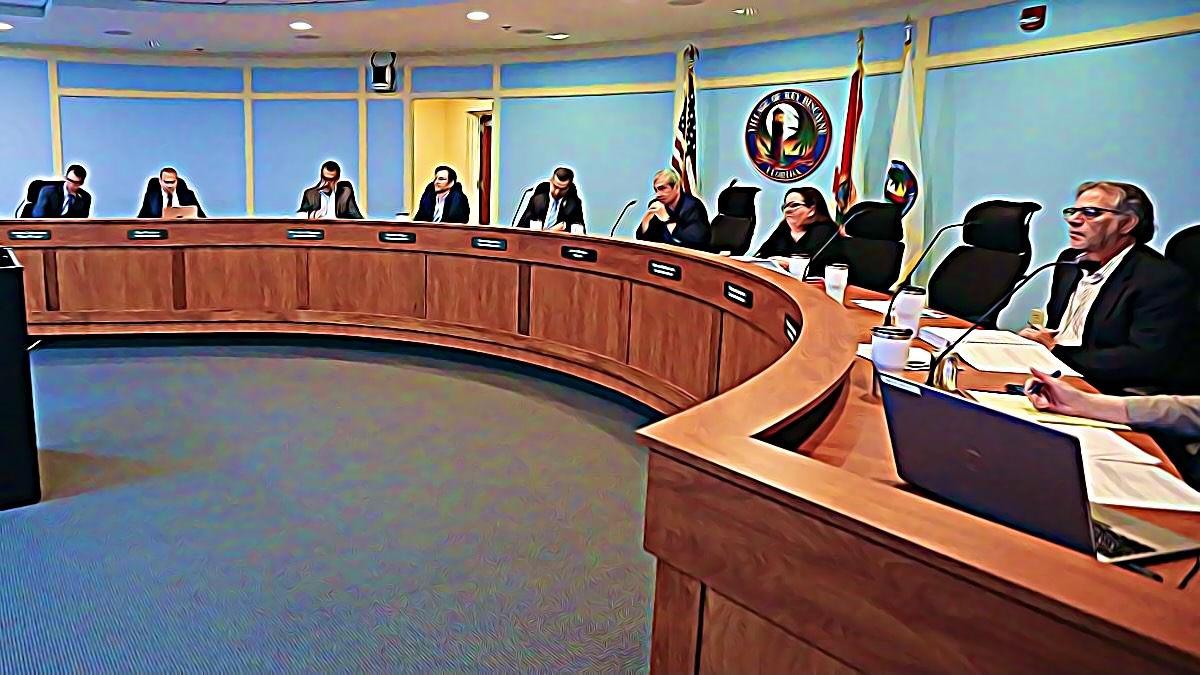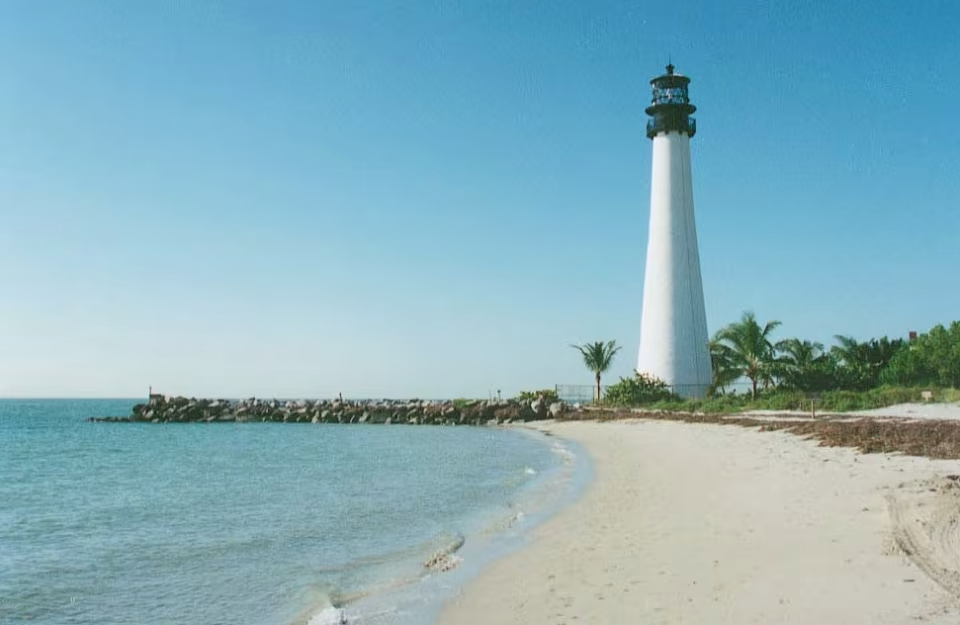Key Biscayne Council ignores fiscal alarm bells, greenlights $41.2 million spending spree
Late Tuesday night, the Key Biscayne Village Council approved a $41.2 million budget, despite vocal concerns about excessive over-budgeting and increased taxes. The decision, reached by a 6-0 vote at 11:30 p.m., appears to shrug off a cacophony of criticisms, ranging from a significant increase in consultant expenses to questionable credit card charges.
Although the Council managed to slightly reduce the millage rate to 3.1245, down from last year’s 3.1533, rising property values mean residents will still be paying more. Those who own commercial properties or serve as landlords are facing a tax spike of about 9%.
One of the notable absentees from the late-night decision was Council Member Ed London, a resident budget hawk, who left the meeting early after determining other council members weren’t willing to make concessions. London’s concerns about financial prudence seem to have fallen on deaf ears.
The Council’s decision to defer a mere $250,000 in spending on a traffic circle seemed more like a token gesture, particularly when they chose to restore funding to other matters.
Throughout the night, the capital improvement projects in the budget came under fire. The concern was not the projects themselves but the fact that the Village has proven itself incapable of completing a large number of assignments, raising questions about the need to tax residents when the projects will not be be worked on this year. Council’s inability to complete a right turn lane project on time underscores the problem.
However, these criticisms were simply brushed aside, as were the three different scenarios to reduce the budget presented to Council by some concerned residents. These would have reconfigured the budget without affecting our municipal services, quality of life, or the non-profit activities which are an essential component of living on Key Biscayne.
Claims that Key Biscayne is one of the “best-run municipal governments” may ring hollow for those who fear that unchecked fiscal policies and lack of transparency will lead to unsustainable financial commitments in the long term. The late-night decision to push through a $41.2 million budget, largely ignoring the calls for financial restraint, exemplifies these concerns.





